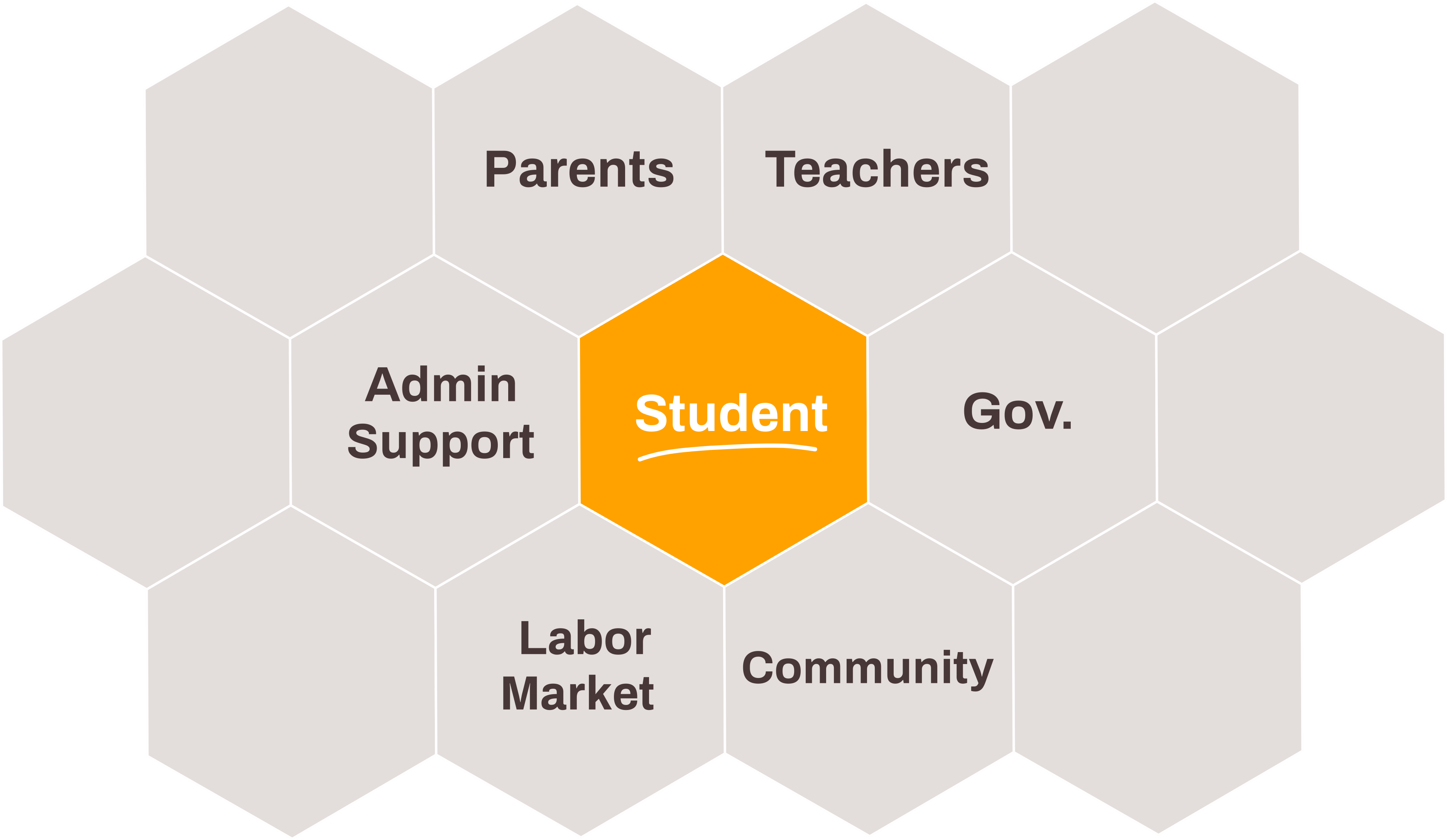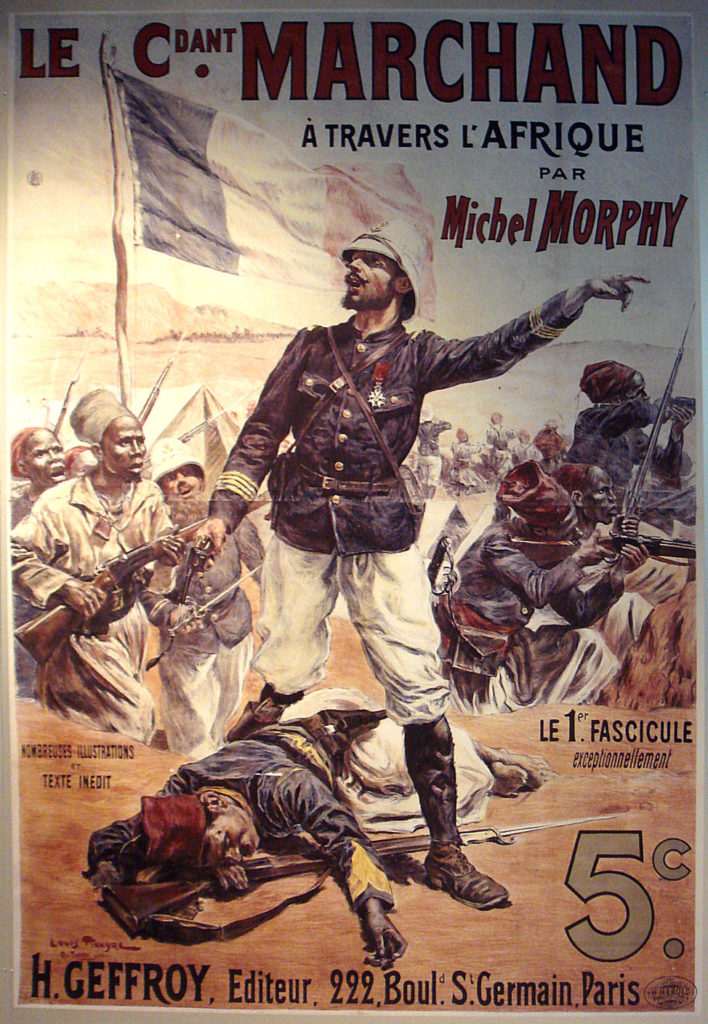SELF FUNDED EDUCATION SYSTEM
The Education System will be funded through a network of industries it will oversee. The main funding sources will be the licensing of commercial patent and the revenues generated by the Agro-Industrial Complex engineered and managed by the educational institutions. Education Policy Framework and Student Learning Objectives:
Programming Skills
Developing advanced computing skills. Mastering big Data, Artificial Intelligence, Blockchain technologies, Cybersecurity, and Quantum Mechanic.
Servant Leadership
Learning to lead by example. Taking initiatives and making decision in the best interest of the group. Negotiation + Conflict Resolution
Interdisciplinary Studies
Part of the curriculum will be built based on the student's interests and aptitudes. Flexible and assisted designed curriculum. Student Centered Education as well as Practical Training and Applied Studies. 50% Lecture + 50% Hands-on activity-based education.
Soft Skills
Developing Emotional Intelligence. The student will learn to be fully aware of their emotion and make better decision in interpersonal relations. Mastering communication skills, public speaking, teamwork, problem solving.






